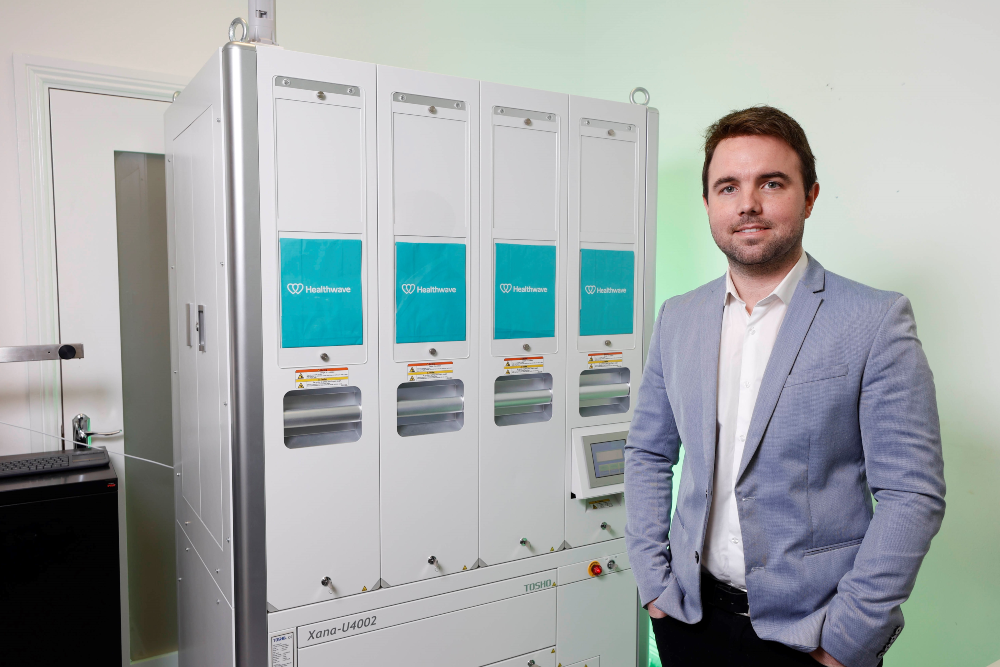Irish VRT changes not in keeping with spirit of EU recommendations and as a result Irish car buyers will end up paying more in 2021.
Recent changes in Budget 2021 will result in steeper prices for cars. That’s the assessment of Stephen Healy, head of Motoring Sector at Bank of Ireland who in recent weeks published his October Motor Sector News.
Healy also said that the motoring sector in Ireland unsuccessful in lobbying for changes in Budget 2021 that would have stimulated car sales. Instead, extensive changes to VRT (vehicle registration tax) bands and electric vehicle and hybrid reliefs will most likely drive car prices higher.
“By making it more expensive to buy newer cars, we’re absolutely not helping ourselves at all from an environmental perspective”
The Government like all governments across the EU said it would be implementing the new Worldwide Harmonised Light Vehicle Test Procedure (WLTP) in 2021 which involves more “real world” testing.
12 VRT tax bands ranging from 14pc to 36pc will be replaced with 20 new VRT bands ranging from 7pc to 37pc based on (higher) WLTP values were also introduced. Hybrid reliefs (i.e. €1500/€2500 max. rates) will end on 31/12/20 and will be replaced with lower VRT bands in 2021. As the subsidy will be removed, a net price increase will result for consumers next year. VRT relief will continue for EVs up to €40k but reduces for amounts between €40-50k and will no longer apply for amounts above €50k.
New motor tax bands will exist for all vehicles first registered from 2021 (new cars and used imports). Three motor tax tables will exist next year (i.e. pre- ’08 / 2008-2020 / 2021+).
Has Ireland scored an own goal?

Stephen Healy, head of Motoring Sector, Bank of Ireland
According to Healy WLTP produces higher C02 emission results with the effect of higher retail prices for consumers without government intervention. He said that the EU recommended that WLTP is introduced in each market in a revenue neutral manner.
“The EU said that when we move to WLTP there should be no implication for the consumer because the car isn’t producing any more CO2, it’s just a new method for calculation. And that was the spirit of the recommendation. However, in Ireland the Government in Budget 2021 interpreted it in such a way that it could make sweeping and radical VRT changes, which will result in significant price increase for consumers.”
Healy said that EU policy is driving down CO2 levels and the target is 95 grams next year for new vehicles, down from circa 122 in 2019. Car makers that fail to meet this standard could be hit with punitive EU fines.
“Manufacturers have already been working towards producing more environmentally-friendly cars with better fuel economy as well as hybrid and electric vehicles.”
He said that the irony of the sweeping VRT changes is that they will actually drive up the prices of newer, more environmentally friendly vehicles instead of making it more affordable for consumers to buy newer cars and instead will most like drive up demand for diesel vehicles.
“By making it more expensive to buy newer cars, we’re absolutely not helping ourselves at all from an environmental perspective,” Healy lamented.
He said this contrasts harshly with countries like France that have moved to better align new car prices with potential buyers’ income levels.
Healy said that Ireland already has a very high percentage of diesel car ownership at 43pc of vehicles while electric vehicle ownership currently stands at only 4.3pc.
“The timing of these VRT changes are counterintuitive. The spirit of the EU recommendations was that any changes would be price neutral. Consumers are already open to buying electric and hybrid vehicles but only when they become more affordable people will buy them.
“Combine this with an already tough economic situation, we’ve just made it more expensive for people to afford newer cars and we are not helping ourselves at all from an environmental perspective.”
According to the latest Motor Sector News, in the month of October, new passenger car (PC) sales increased 6.2pc (to 2,315 units), Light Commercial Vehicle (LCV) sales increased 56.2pc (to 1,667 units) and used imports declined 18.7pc (to 9,315 units).
In the first 10 months, the market declined 25.2 pc (to 86,870units). Volkswagen holds the #1 position with 12.1pc market share, followed by Toyota with 11.5pc in #2, Hyundai with 9.2pc in #3, Skoda with 8.4pc in #4 and Ford with 7.8pc in #5.
Healy said that the VAT reduction (2pc to end Feb 2021) will benefit consumers looking to buy cars now as this offsets part of the increase coming next year.
“As of Thursday last week, the SEAI have confirmed that grants for EVs/PHEVs will continue in 2021. In Q1 2021 the grants will be based on more favourable 2020 levels. From Q2 onwards the criteria will be adjusted. This should encourage consumers to buy in Q1.”
Asked if there is a good time to buy, Healy emphasised: “The best time is Q1. Those thinking of buying a new car should contact their local dealers as manufactures have now released attractive consumer offers to counter tax increases. It would be the best time to beat the price increase.”
By John Kennedy (john.kennedy3@boi.com)
Published: 17 November, 2020






